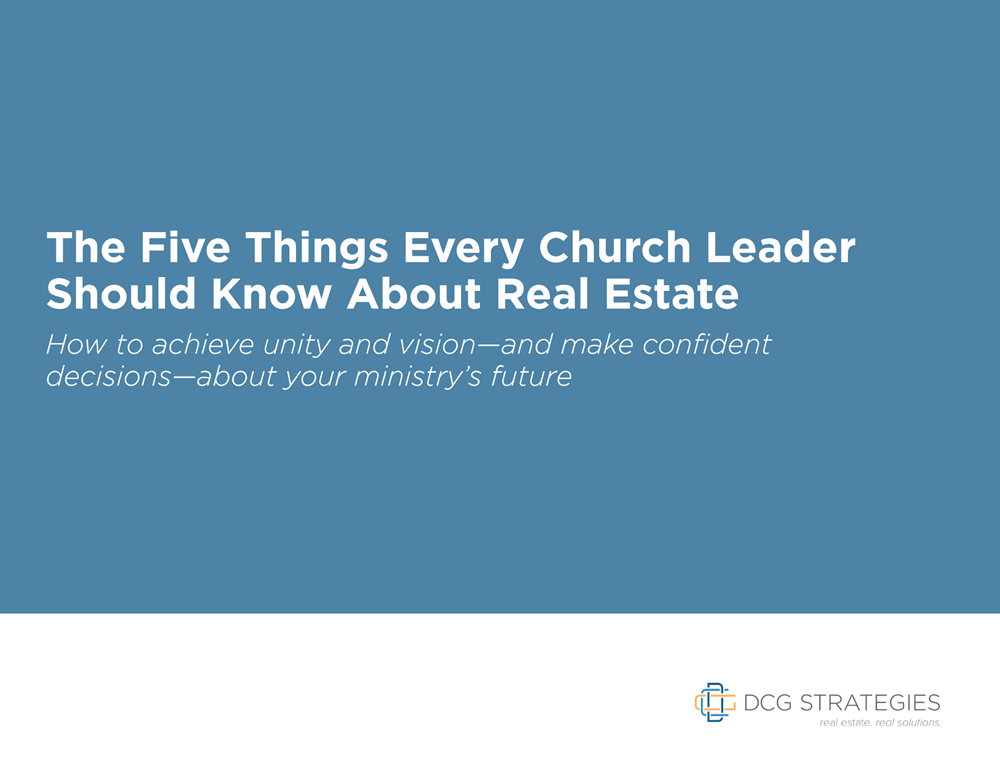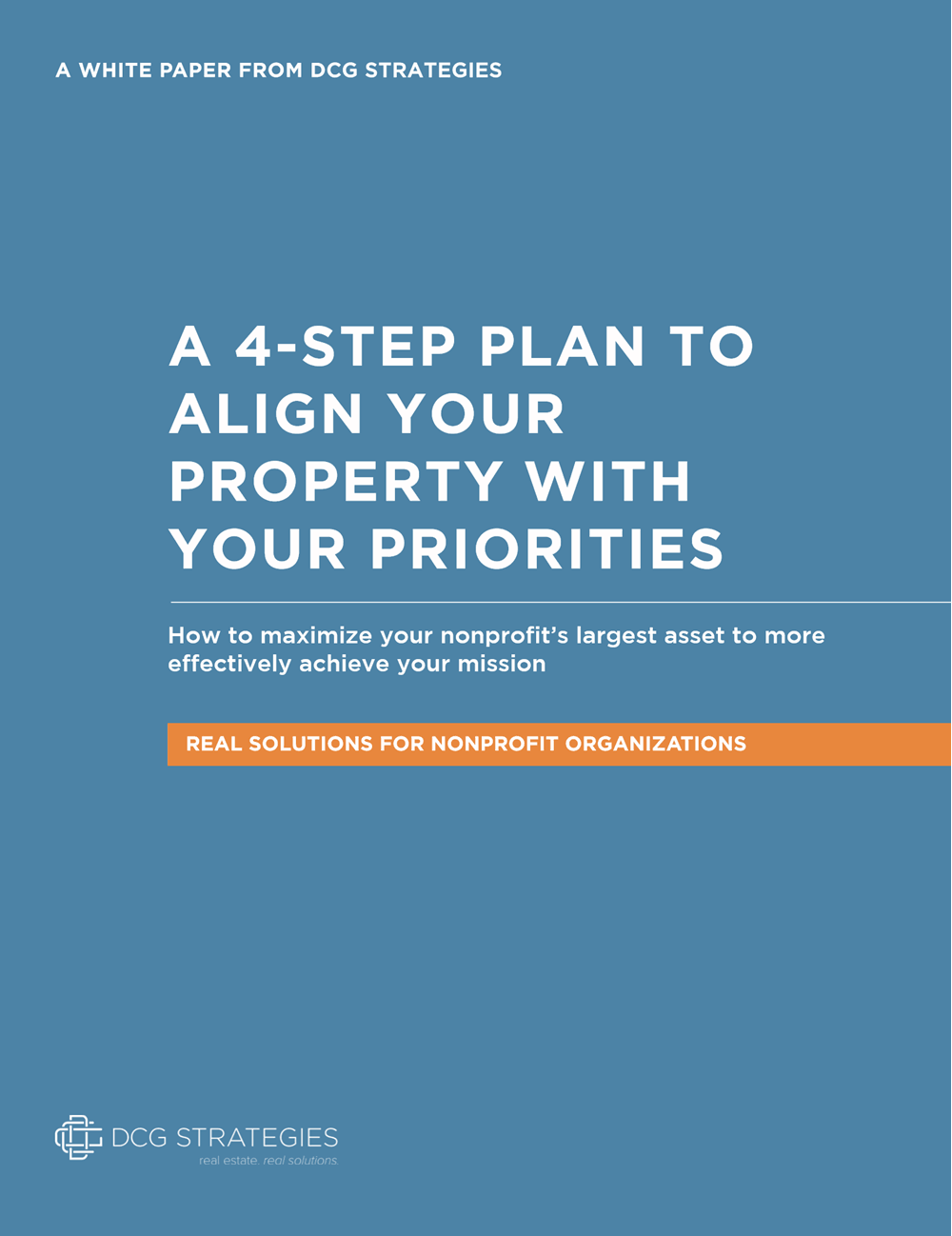On average, cars spend 95 percent of the day parked, doing nothing. That’s a big part of why Uber has taken off. It gives drivers the opportunity to put those wasted hours to use.
Think about your church building. On average, how often is it used? On Sundays, for sure, and maybe Wednesday nights. But during the workweek, how often is your building “parked”?
Leasing space in your building to a local organization can be a relatively easy way to generate meaningful income for the congregation and an effective way to support needed programs and services in your community.
This isn’t an idea just for large churches, either. Even a 500-square-foot office could be a valuable headquarters for a startup business or small nonprofit.
As with any real estate transaction, however, the details are important. Below are five hurdles to clear before pursuing a lease agreement.
Determine a Usage Plan
A good usage plan starts with knowing exactly how your building is used now. Figure out when different parts of the building are used throughout the week, month and year so you have a firm understanding what spaces are available and when.
Odds are you don’t have a nice office room that is literally never used. So the key is to create a written plan for every tenant that describes what space they have access to in general and when they won’t have access to it because the church is using it.
As you’re deciding which spaces you can lease, keep in mind church growth. If a congregation is consistently adding new members and new programming, a building that seems underused today might feel overused in three years.
Prepare Your Building
To be a good landlord and to protect yourself from a destructive tenant, you’ll want to do an inspection of the building and develop a list of maintenance requirements.
Knowing the condition of the building will allow you to fix any obvious deficiencies, and it will let you recognize later any new damage caused by the tenant.
A maintenance plan is important because taking on tenants will put greater demands on the building. A rear restroom that often clogs isn’t a big deal if it’s seldom used on Sundays. If it’s the main restroom for your new tenant, however, it’s a problem you’ll need to address.
Think Through the Financials
Becoming a landlord comes with costs that you’ll need to factor in to the lease rates you set.
For instance, the additional maintenance costs you discover in your property preparation should be recouped by the rent.
If you decide to rent to a for-profit business, that could trigger a loss of your tax-exempt status for that portion of the building. That property tax liability should be accounted for.
Also, you’ll want to update your property insurance policy to reflect that you have a tenant, which could increase your premiums. (You should also insist that tenants carry insurance and ensure that policy claims are paid to the landlord, not the tenant.)
Choose a Manager
Who will screen the applicants? Who will be the point of contact for your tenant? Who will handle the maintenance requests, the insurance claims, and the scheduling calendar?
These responsibilities aren’t enormous, but they must be planned for.
Find a Partner
Making a real estate deal without help is a risky proposition. DCG Strategies has experience in all phases of the leasing process, from writing building usage agreements to screening tenants to managing properties. And because the firm specializes in representing non-profit clients, it has a large network of potential tenants that it can show the property to in addition to whoever is looking at the standard property-listing database. Click here to learn more about how DCG can support you in the leasing process.
Community Impact
Beyond the financial benefit of collecting a lease payment, offering a work-space and gathering place to a worthy tenant is a way congregations can bless the communities they serve.
County governments are always looking for ways to get closer to the people who need their services. School districts often look for spaces where they can offer GED classes. Nonprofits need space to offer tutoring, career training, senior services, fitness programs and dietary education.
Finding a good lease partner can be one more way that your church becomes a place where people turn to for help.






